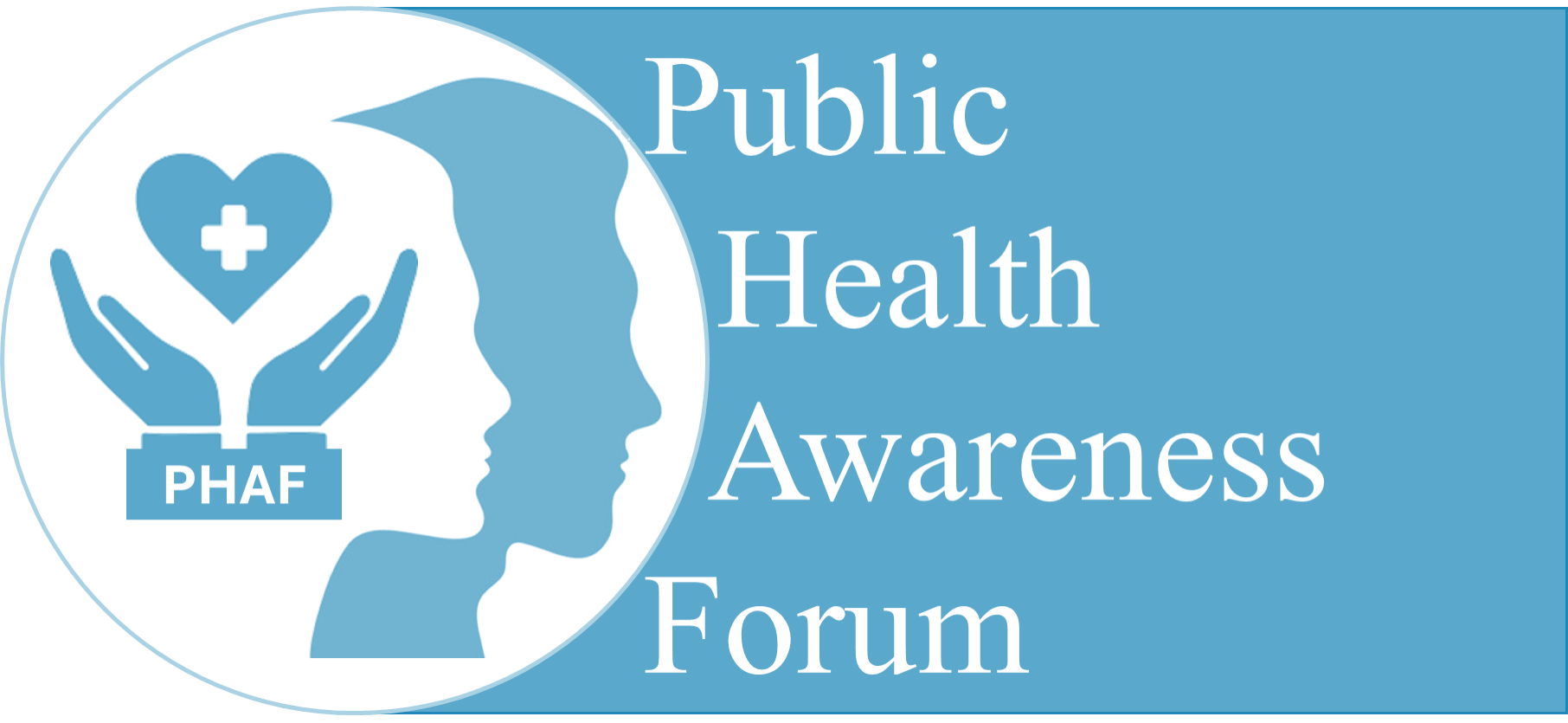Introduction
Pregnancy and childbirth bring about profound changes in a woman’s body, emotions, and relationships. As these changes unfold, sexual health often becomes an area of concern for many new parents. Understanding what to expect and how to navigate these changes can help couples maintain a healthy and fulfilling sexual relationship after pregnancy. This article provides a comprehensive guide to the challenges and opportunities related to sexual health post-pregnancy, addressing both physical and emotional aspects and offering practical advice for new parents.
Physical Changes and Sexual Health
The physical changes that occur during and after pregnancy can significantly impact sexual health. It is essential to understand these changes to set realistic expectations and make informed decisions about resuming sexual activity.
1. Vaginal Changes
After childbirth, the vagina undergoes several changes that can affect sexual health. These changes include:
- Vaginal Laxity: The muscles and tissues of the vagina may become stretched or weakened during childbirth, leading to a feeling of looseness. This can affect sexual sensation and satisfaction for some women.
- Perineal Tears: Many women experience tears in the perineum (the area between the vagina and anus) during childbirth. These tears can take time to heal and may cause discomfort during sex.
- Vaginal Dryness: Hormonal changes after childbirth, particularly a drop in estrogen levels, can lead to vaginal dryness, making intercourse uncomfortable or painful.
Postpartum Sexual Health Statistics
According to a study published in the Journal of Sexual Medicine, 85% of women reported experiencing some form of sexual dysfunction in the first three months postpartum, with vaginal dryness and pain during intercourse being the most common issues.
2. Changes in Libido
Libido, or sexual desire, can fluctuate significantly after pregnancy. Factors that contribute to changes in libido include:
- Hormonal Shifts: Hormonal changes, particularly the drop in estrogen and progesterone levels after childbirth, can lead to a decrease in sexual desire.
- Fatigue and Sleep Deprivation: The demands of caring for a newborn can lead to exhaustion and sleep deprivation, which can reduce interest in sexual activity.
- Body Image Concerns: Many women experience changes in body image after pregnancy, which can affect their confidence and desire for sexual intimacy.
Libido After Pregnancy
A survey conducted by the American College of Obstetricians and Gynecologists found that nearly 50% of women reported a decrease in sexual desire in the first six months after childbirth, with fatigue and body image concerns being the primary factors.
3. Healing and Recovery Time
The postpartum period is a time of healing and recovery for the body. The timeline for resuming sexual activity varies depending on several factors:
- Type of Delivery: Women who have had a vaginal delivery may be advised to wait 4-6 weeks before resuming sexual activity, while those who have had a cesarean section may need more time to heal.
- Complications: If there were complications during childbirth, such as severe tearing or infection, the recovery period may be longer.
- Individual Comfort: Ultimately, the decision to resume sexual activity should be based on individual comfort and readiness, rather than a specific timeline.
Emotional and Psychological Aspects of Postpartum Sexual Health
In addition to physical changes, emotional and psychological factors play a significant role in sexual health after pregnancy. Understanding these factors can help couples navigate the postpartum period with greater empathy and communication.
1. Postpartum Depression and Anxiety
Postpartum depression (PPD) and anxiety are common conditions that can affect sexual health. These conditions can manifest in several ways:
- Decreased Libido: Women experiencing PPD or anxiety may have little interest in sexual activity due to overwhelming feelings of sadness, worry, or hopelessness.
- Difficulty Bonding with Partner: PPD and anxiety can strain the emotional connection between partners, making sexual intimacy more challenging.
- Guilt and Shame: Women with PPD may feel guilt or shame about their lack of interest in sex, further exacerbating feelings of inadequacy.
Prevalence of Postpartum Depression
The Centers for Disease Control and Prevention (CDC) reports that 1 in 8 women experience symptoms of postpartum depression, highlighting the importance of addressing mental health in the context of postpartum sexual health.
2. The Role of Partner Support
Partner support is crucial in maintaining a healthy sexual relationship after pregnancy. The ways in which partners can provide support include:
- Open Communication: Discussing feelings, concerns, and expectations openly can help both partners navigate the changes in their sexual relationship.
- Patience and Understanding: Recognizing that physical and emotional changes are a normal part of the postpartum period can help partners approach the situation with patience and empathy.
- Shared Responsibilities: Sharing the responsibilities of caring for the baby and household tasks can reduce stress and fatigue, creating more opportunities for intimacy.
Impact of Partner Support
Research published in the Journal of Family Psychology found that women who reported higher levels of partner support were more likely to resume sexual activity within the first three months postpartum and reported higher levels of sexual satisfaction.
3. Reconnecting Intimately
Reconnecting intimately after pregnancy can be a gradual process that requires both partners to be attuned to each other’s needs and boundaries. Tips for rekindling intimacy include:
- Non-Sexual Touch: Engaging in non-sexual touch, such as cuddling or holding hands, can help rebuild physical closeness and emotional connection.
- Focus on Foreplay: Taking time for foreplay can help both partners feel more comfortable and aroused, easing the transition back to sexual activity.
- Explore New Ways of Intimacy: Experimenting with new forms of intimacy, such as massage or shared relaxation activities, can help both partners reconnect on a deeper level.
Contraception and Family Planning
After pregnancy, many couples need to consider contraception and family planning to avoid unintended pregnancies. Understanding the available options and their impact on sexual health is essential.
1. Contraceptive Options
Several contraceptive options are available to new parents, each with its advantages and considerations:
- Barrier Methods: Condoms and diaphragms provide immediate protection against pregnancy and do not interfere with hormones. They are also effective in preventing sexually transmitted infections (STIs).
- Hormonal Methods: Birth control pills, patches, and injections offer reliable protection against pregnancy but may affect libido and vaginal lubrication.
- Intrauterine Devices (IUDs): IUDs are long-acting, reversible contraceptives that provide effective protection against pregnancy for several years. Some women may experience changes in menstrual bleeding or discomfort during sex.
- Natural Family Planning: Natural family planning methods, such as tracking ovulation, require careful monitoring and may not be suitable for all couples, especially in the immediate postpartum period.
Contraception After Pregnancy
A study published in the journal Contraception found that 60% of women resumed using contraception within six weeks postpartum, with IUDs and hormonal methods being the most popular choices.
2. Breastfeeding and Contraception
Breastfeeding can affect contraception choices and sexual health in several ways:
- Lactational Amenorrhea: Breastfeeding can delay the return of menstruation, providing a natural form of contraception for the first six months postpartum, known as lactational amenorrhea method (LAM).
- Impact on Libido: Breastfeeding hormones, particularly prolactin, can reduce libido and cause vaginal dryness, affecting sexual satisfaction.
- Contraceptive Safety: Certain hormonal contraceptives, such as progestin-only pills or IUDs, are considered safe for breastfeeding mothers and do not affect milk supply.
Breastfeeding and Sexual Health
The World Health Organization (WHO) recommends exclusive breastfeeding for the first six months postpartum. Studies have shown that breastfeeding can reduce the risk of postpartum depression, which indirectly supports sexual health.
Conclusion
Navigating sexual health after pregnancy is a journey that requires understanding, communication, and patience. Both physical and emotional changes are normal, and it’s essential for couples to approach this time with empathy and mutual support. By being informed about the potential challenges and exploring ways to reconnect intimately, couples can maintain a healthy sexual relationship during the postpartum period and beyond. Remember that every individual’s experience is unique, and seeking professional advice from healthcare providers when needed is crucial for ensuring both partners’ well-being.



